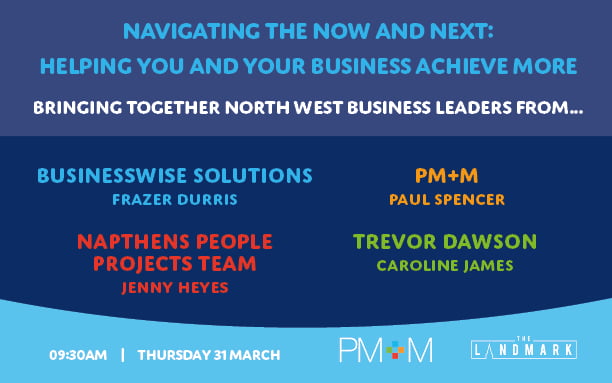It is a well-known fact that inflation is on the rise and will likely be around for some time to come. Households across the UK are feeling the effects of higher prices, with food, energy and fuel costs increasing dramatically. On 16 June 2022, the Bank of England’s Monetary Policy Committee (MPC) raised interest rates to 1.25% to help counteract rising inflation – however, this is still much lower than the rate of inflation which stands at around 9%, the highest rate for 40 years (with predictions that this will rise further). Due to this, there is a growing concern for those who have put money into savings. in our latest blog, we discuss what inflation could mean for the cash you’ve set aside and what you could do to reduce the impact.
The impact of inflation on your savings
The rate of inflation can impact your savings in many ways. In most cases, high inflation is a cause for concern as it could mean:
- Inflation affects the purchasing power of your money
If inflation grows at a higher rate than your savings, your money will lessen in value (you won’t be able to purchase as much as before).
For example:
If you have put aside £10,000 and the rate of inflation increases at a rate of 2.5% per year, in ten years’ time, the purchasing power of the money you have saved could drop to the equivalence of £7,812.
- Inflation may mean you are saving less in the short term
The cost of living has rapidly risen due to increasing prices – more and more people find themselves borrowing money and saving less to try and maintain their current lifestyle.
How to reduce the impact of rising inflation on your savings
There are a variety of things you can do to keep up with the rising rate of inflation – in some cases, you may even be able to help your money grow past the rate of inflation.
- Consider other investment options
If you want to beat inflation, you may want to consider putting your money into medium- or long-term investments (five years or more). Unlike savings, investments have more potential to grow over time.
At PM+M, we offer a bespoke managed portfolio service (in partnership with AJ Bell) which we continually monitor, conduct ongoing due diligence in funds held in the portfolio and proactively make fund and asset allocation changes when we feel as though this is necessary. You can find out more about our portfolio service here.
- Take advantage of tax breaks
Investments aren’t the only way you can protect your savings from losing value. Make use of any tax breaks that are available to make the most of your savings and investments.
ISAs are a popular and tax-efficient way of investing your cash in the long term –a £20,000 tax-free allowance per tax year is available to everyone and goes a long way to help you maintain the value of your money. There are four types of ISAs available:
- Cash ISAs
- Stocks and shares ISA
- Innovative finance ISA
- Lifetime ISA
You can invest in more than one type of ISA, but your maximum allowance will remain at £20,000 between all of your accounts.
Pension schemes are also a great tax-efficient way of making the most of your savings. Currently, you can obtain tax relief on a maximum of £40,000 (the annual allowance). However, your personal annual allowance could be less than this dependent upon earnings. The tax relief you receive is based on your taxable income and can vary – read more here.
Get in touch
The volatility of inflation means it can be more difficult to ensure the money you put aside is working as hard as it can for you and your future. If you would like to discuss your options, get in touch with our financial planning team (financialplanning@pmm.co.uk).
The value of investments can fall as well as rise. You may not get back what you invest. Past performance is not a reliable indicator of future performance.




